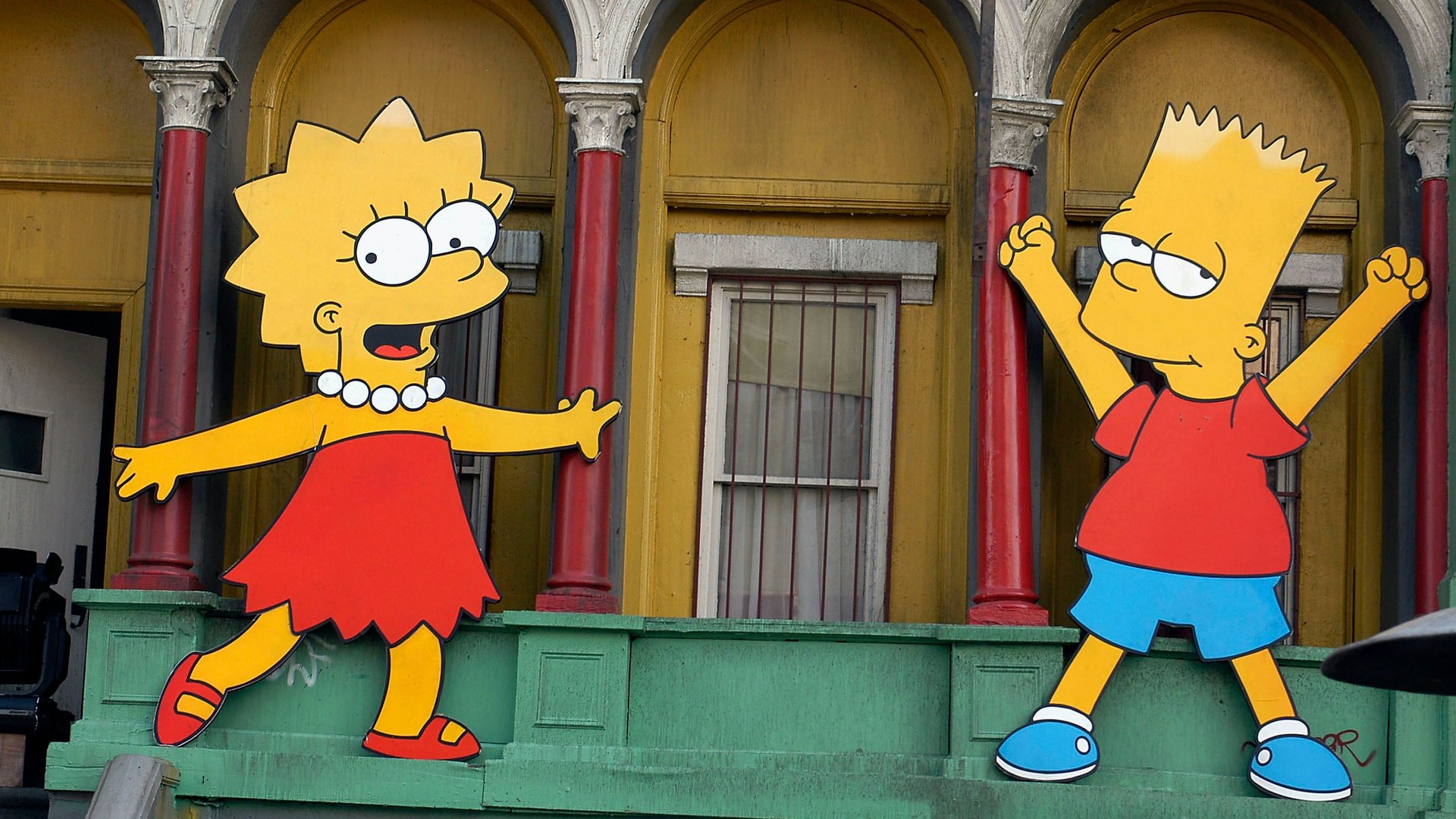Why “The Simpsons” production crew is unionizing
Greetings, Quartz at Work readers.


Greetings, Quartz at Work readers.
It seems every industry accords lower status to certain positions, often justifying lesser pay and lack of benefits by framing those jobs as mere way stations to other, better-compensated roles. In television, look no further for an example of this than production workers.
Animators, writers, and actors on animated series have been long unionized. But production workers, who provide logistical and administrative support for the shows, historically weren’t included in the bargaining units—perhaps because they’ve long been regarded within the industry as lower-level employees.
But many supposedly lower-skill jobs require real expertise in practice, and people may well want to stick with them for the long term. Perhaps that’s part of why production workers, who have until now lacked healthcare and retirement benefits, are voting to unionize.
The Animation Guild, as part of a broader strategy to expand membership, has chalked up a number of victories this year, unionizing the production staff on shows including Harriet the Spy, Rick and Morty, and Solar Opposites. And just this week it added three more series to the roster. Production workers on The Simpsons, American Dad!, and Family Guy are following in Homer Simpson’s yellow-hued footsteps and unionizing, having received voluntary recognition from 20th Television Animation.
“I would hope that it galvanizes everyone else to organize and recognize their own self-worth and not believe in that old studio construct that production is somehow a stepping stone to a better career path,” American Dad! production supervisor Jason Jones told NPR.
The guild’s successes underscore the ways in which the labor movement is gaining traction by appealing to workers not only as a means of addressing practical concerns about wages and benefits, but as an undertaking that allows them to command greater respect at their jobs.—Sarah Todd
Five things we’re reading this week
📉 GameStop trading nearly destroyed Robinhood. Some crafty legwork by the trading app’s executives saved the day.
✈️ Flight information boards are getting an upgrade. In Detroit, Delta is experimenting with a display capable of displaying the unique travel itinerary of up to 100 passengers, simultaneously.
💵 It sure looks like the Fed is hiking interest rates too fast. With supply issues beginning to abate, the Fed should have some room to slow its rate increases—but it’s unclear that it will.
👴 A bunch of men are about to make a fortune on Plan B. The US Supreme Court’s removal of federal abortion rights has been a boon for Plan B’s manufacturer and the all-male investor teams that backed it.
🧠 Russell Glass sees a changed landscape for employee mental health. The CEO of the mental health app Ginger lays it all out in an interview with Quartz.
🍦🍦🍦
30-second case study
Unilever made an unusual arrangement with Ben & Jerry’s when it bought the ice cream maker in 2000. The Vermont-based brand remained in charge of its own “social mission” and retained an independent board, while UK-based Unilever got decision-making powers over finance and operations. So when Ben & Jerry’s announced in July 2021 that it would stop selling ice cream in the Occupied Palestinian Territories, it immediately created a problem for its parent company.
Unilever came in for criticism and potential recriminations from the Israeli government, which framed the protest against its settlements as antisemitic. The Israeli distributor of Ben & Jerry’s, meanwhile, sought damages from Unilever.
Last week, Unilever announced a fix: The consumer products giant is selling the Israeli Ben & Jerry’s business to Avi Zenger, the owner of American Quality Products Ltd, which has been distributing Ben & Jerry’s in Israel all along—meaning that Zenger can continue to sell the same ice cream, with the same packaging, using its Arabic and Hebrew names.
The sale would effectively let Unilever wash its hands of the whole thing, while consumers in the Jewish settlements would continue to get their favorite flavors. But there’s a wrinkle: Ben & Jerry’s is now suing its parent company over the sale agreement. The Wall Street Journal notes that the ice cream brand’s board voted 5-2 to file its lawsuit, with the board’s two Unilever appointees dissenting.
The takeaway: Despite a long arrangement clearly delineating Ben & Jerry’s and Unilever’s separate responsibilities, financial and operational decisions don’t happen in a vacuum. They happen in the same world as any social mission and, far from being independent of it, are often the levers that drive such missions forward—or stall them.
Unilever’s workaround for ice cream sales in the occupied territories is a reminder about what company “social missions” should be—a real attempt to change the world for the better—and what they often turn into: mild-flavored, easily melted ephemera. The response from the board at Ben & Jerry’s, meanwhile, is a reminder of just how tricky a seemingly simple question of company mission can get.—Cassie Werber
You got The Memo!
Our best wishes for a productive day. Send any news, comments, Simpsons gifs, and ice cream pints to [email protected]. This week’s edition of The Memo was brought to you by Sarah Todd, Cassie Werber, and Heather Landy.
The Quartz at Work team can be reached at [email protected]. Get the most out of Quartz by downloading our app and becoming a member.